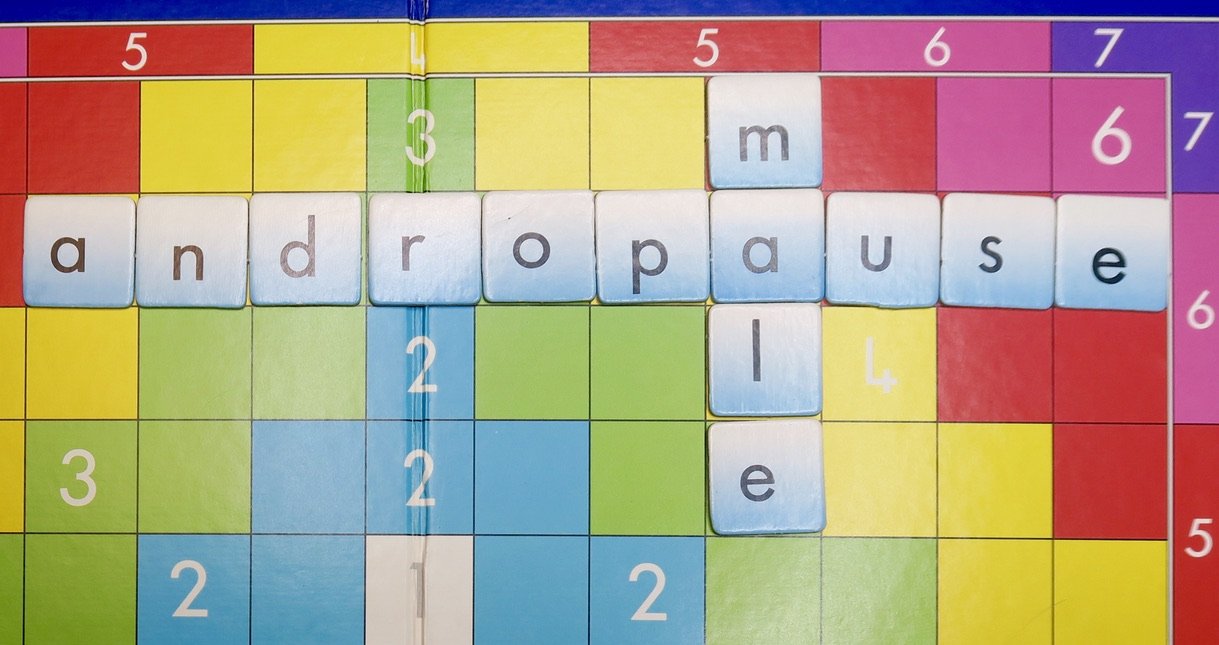The male menopause
Do men go through menopause?
Some men may also be affected by the impact of declining hormones in the form of andropause, more commonly termed, ‘male menopause’, as they age.
Male menopause has marked differences from women’s experiences. The decline in male sex hormones happens at a much slower rate and is more associated with aging, rather than the more sudden plunge experienced by women and male reproduction capacity continues as sperm is still produced.
What are the signs of male menopause?
As with women, some men develop physical and psychological symptoms when they reach their late 40s and 50s. General lack of energy or enthusiasm; difficulty sleeping; loss of libido; erectile dysfunction; mood swings and irritability; poor concentration; fat redistribution, developing a belly, and ‘man boobs’ are but a few of the possible symptoms.
How to deal with/manage male menopause?
Now’s the time to start looking at elements of your lifestyle that could help to manage the impact of declining hormones and improve your overall health. Pause, listen to your body, and make meaningful changes.
Prioritising self-care can help to mitigate symptoms. There’s no snake oil - physical activity helps boost self-esteem, mood, sleep, and energy. Exercise works in partnership with diet, eating a balanced healthy diet, and cutting down or out on processed foods will help.
If you need any persuasion about introducing exercise, NHS research shows that people who exercise regularly, at least 150 minutes/week, split over several sessions, can reduce the risk of heart disease, type 2 diabetes, strokes, and some cancers by up to 50% as well as lowering the risk of early death by up to 30%.
Stress, anxiety, and depression can affect sex drive, and bring erectile dysfunction and mood swings. Ditch those short drives and walk briskly. Hop on a bike, visit your local pool, and search out free online yoga and breathing exercises – all beneficial for treating stress, low mood, depression, and anxiety.
When to talk to your doctor about male menopause
If symptoms are impacting your day-to-day life, don’t hold back, talk to your doctor. After ruling out any underlying medical causes, such as hypogonadism which reduces testosterone levels, the GP may order tests to measure testosterone levels.
It is normal for testosterone levels to fall as you age but in some cases, the doctor may recommend hormone replacement therapy. As with women’s HRT, testosterone replacement therapy carries potential risks and side effects. Your doctor will be able to talk about the risks against benefits in terms of your own individual health history and circumstances.









